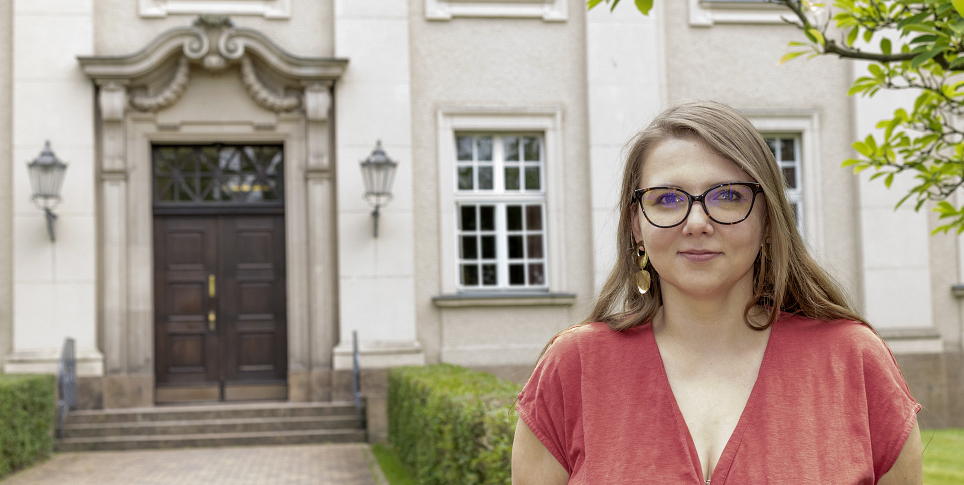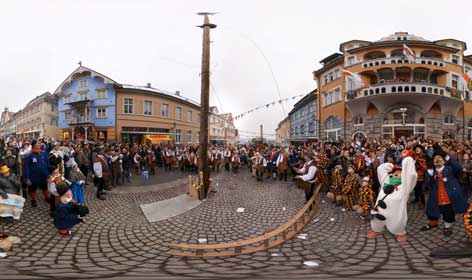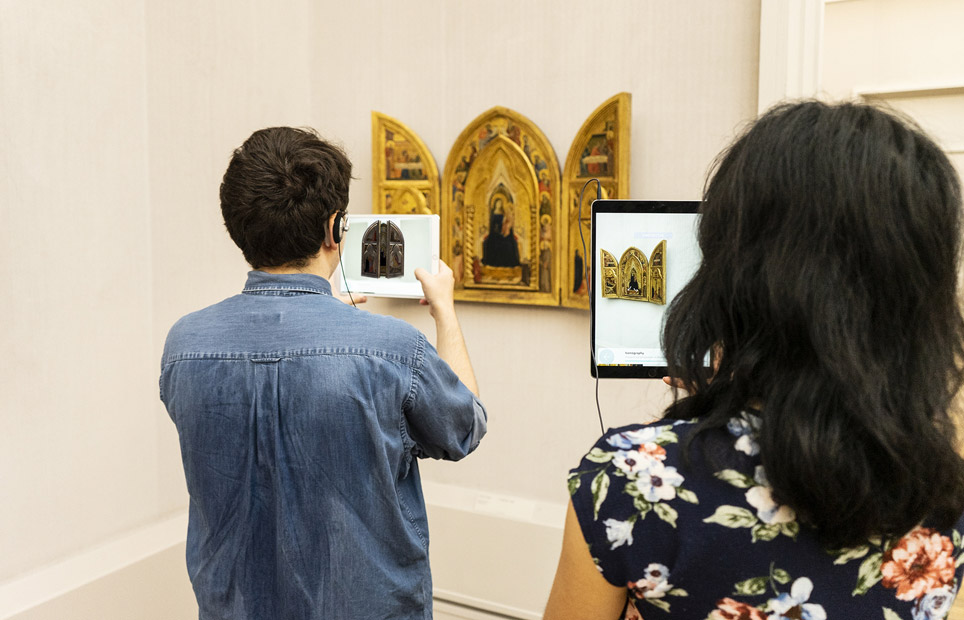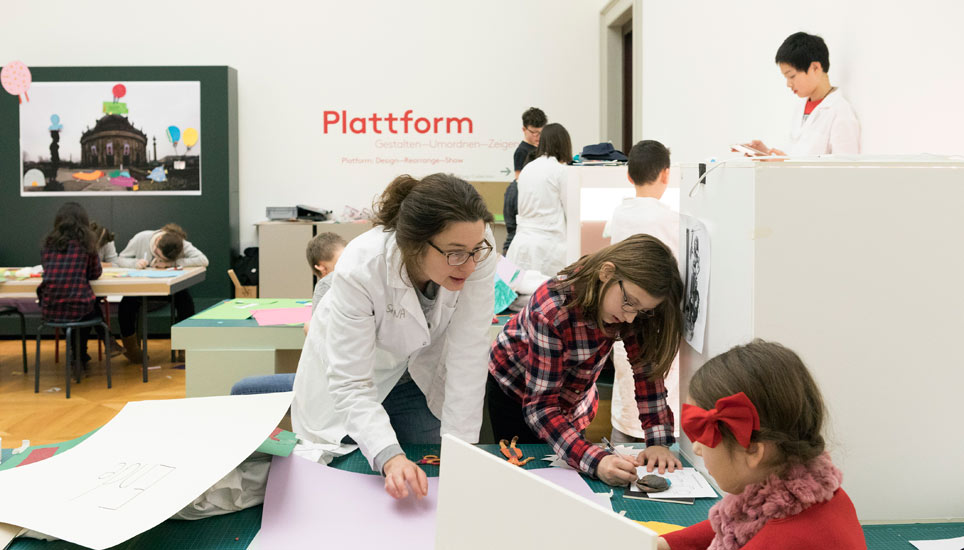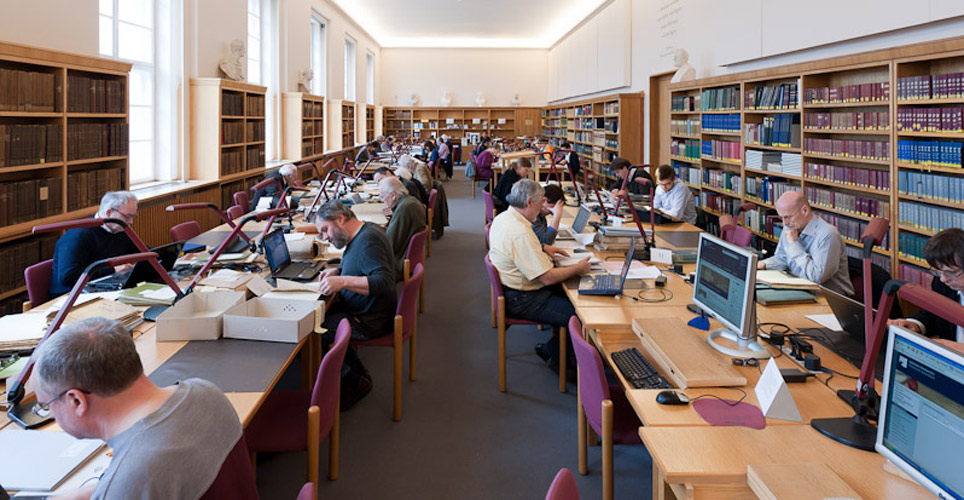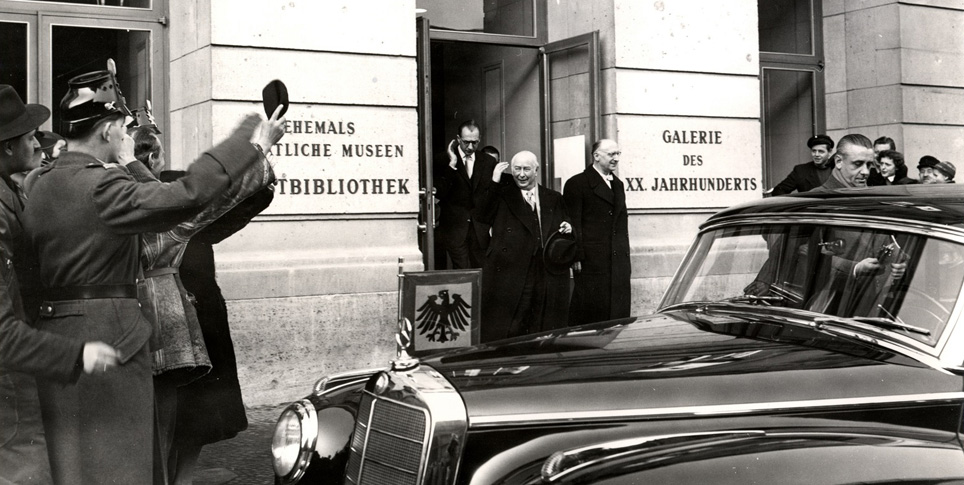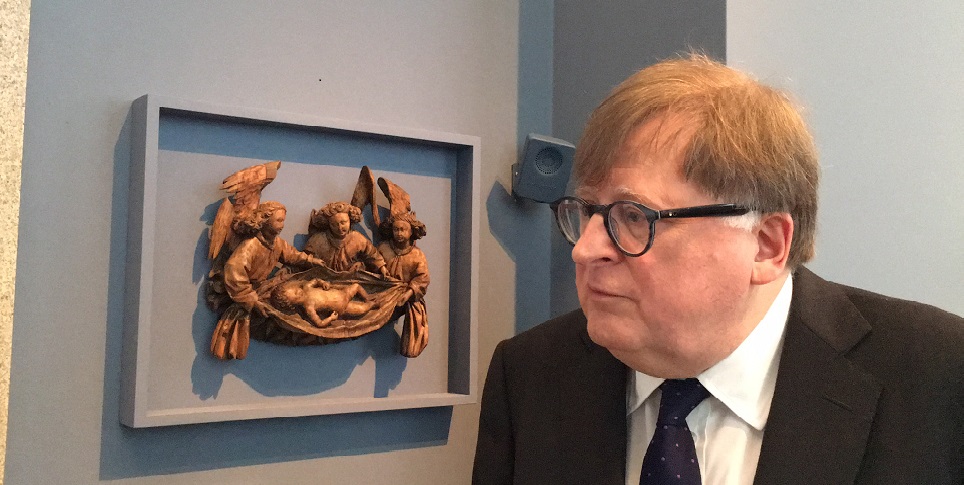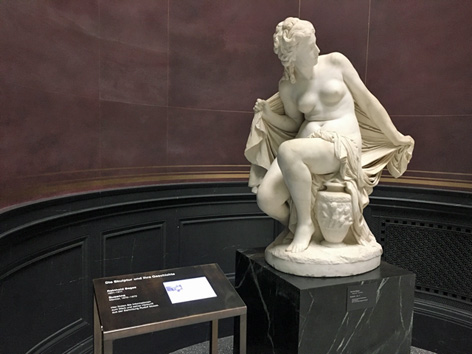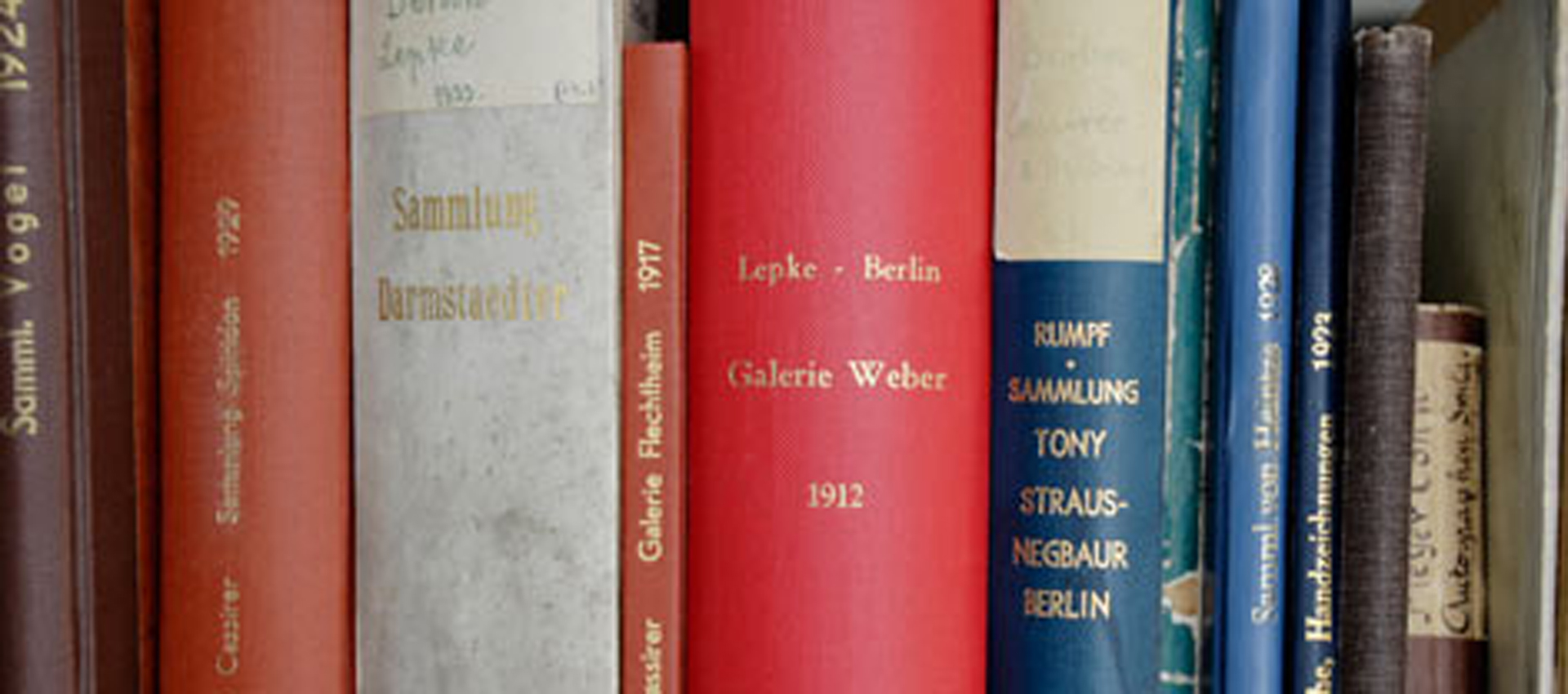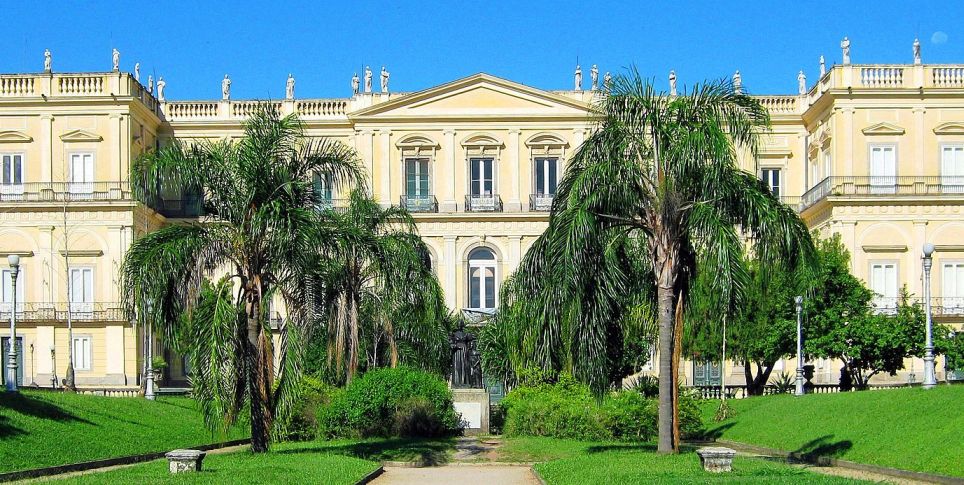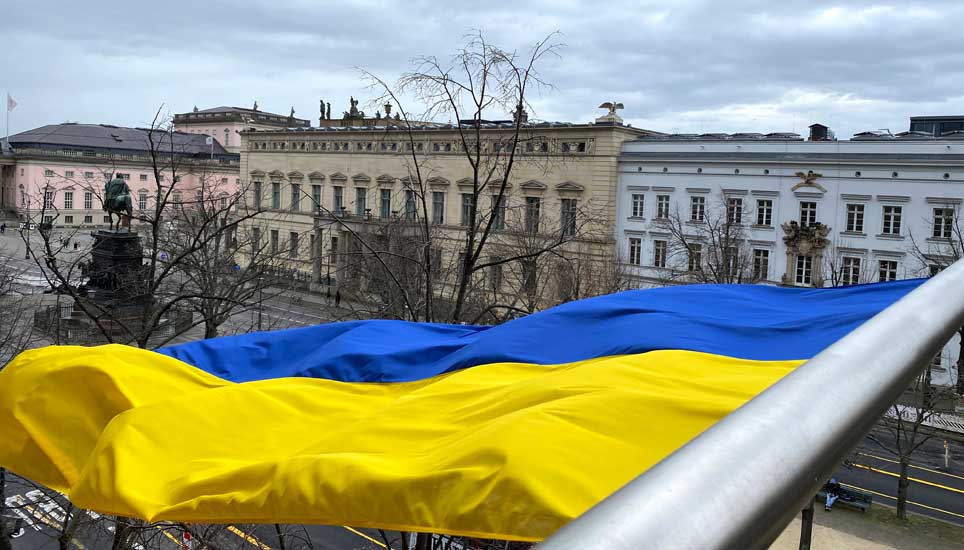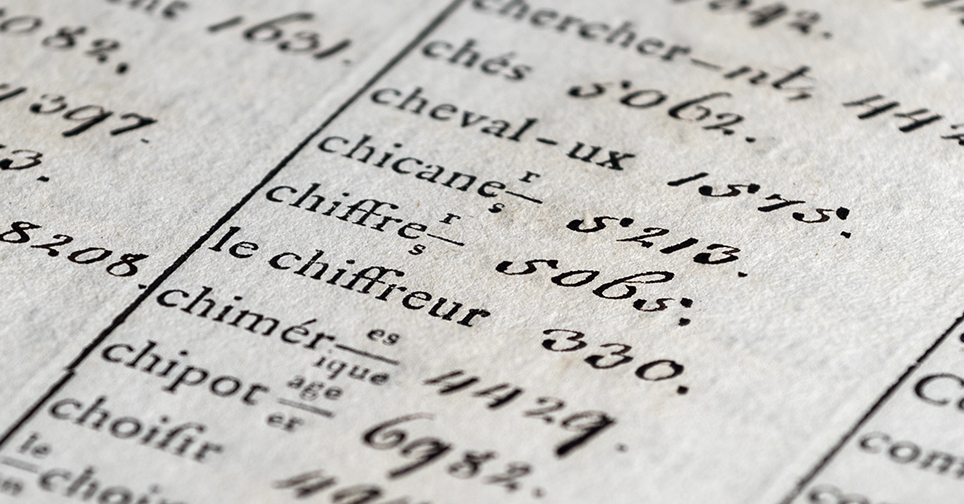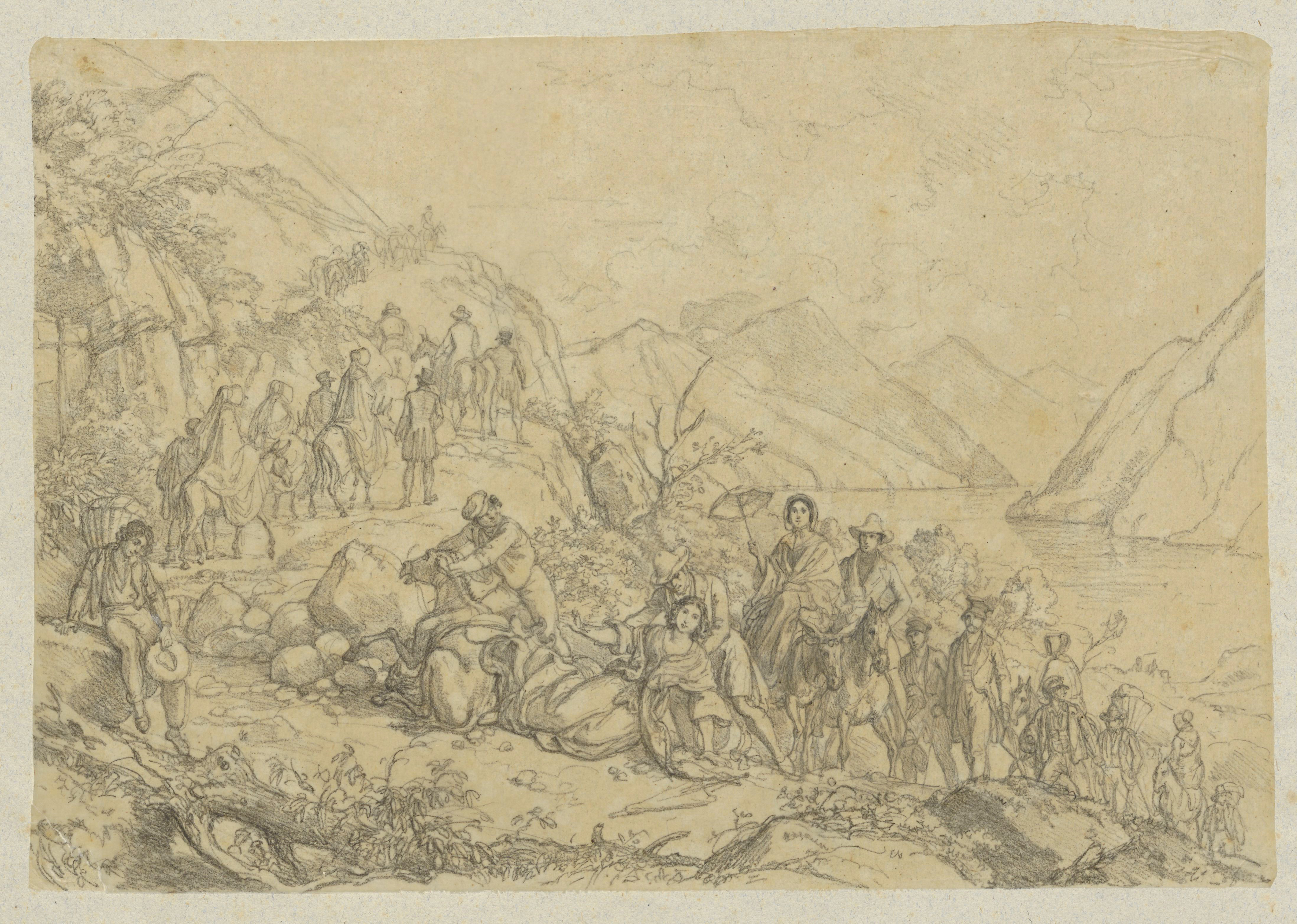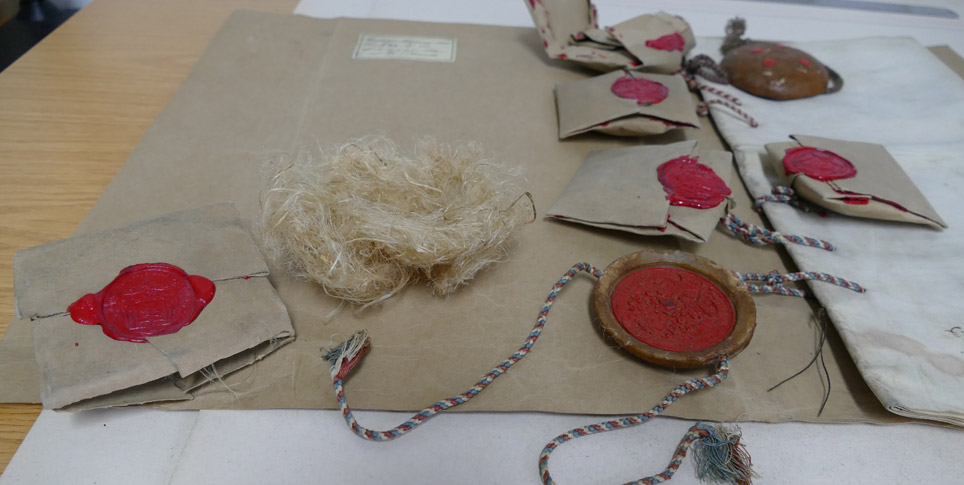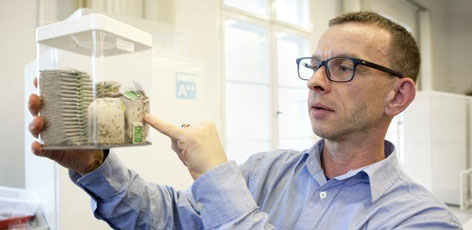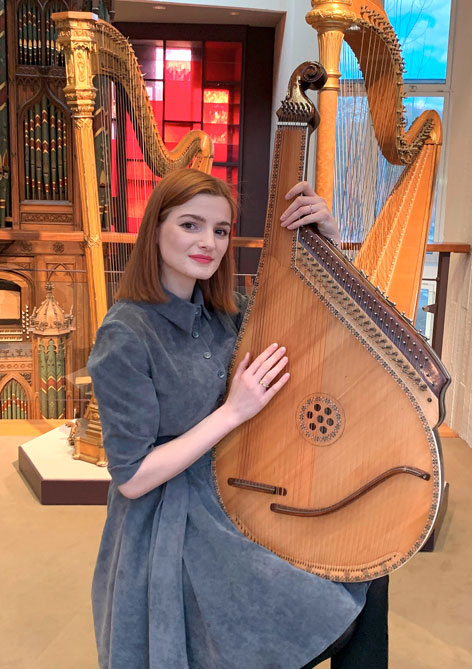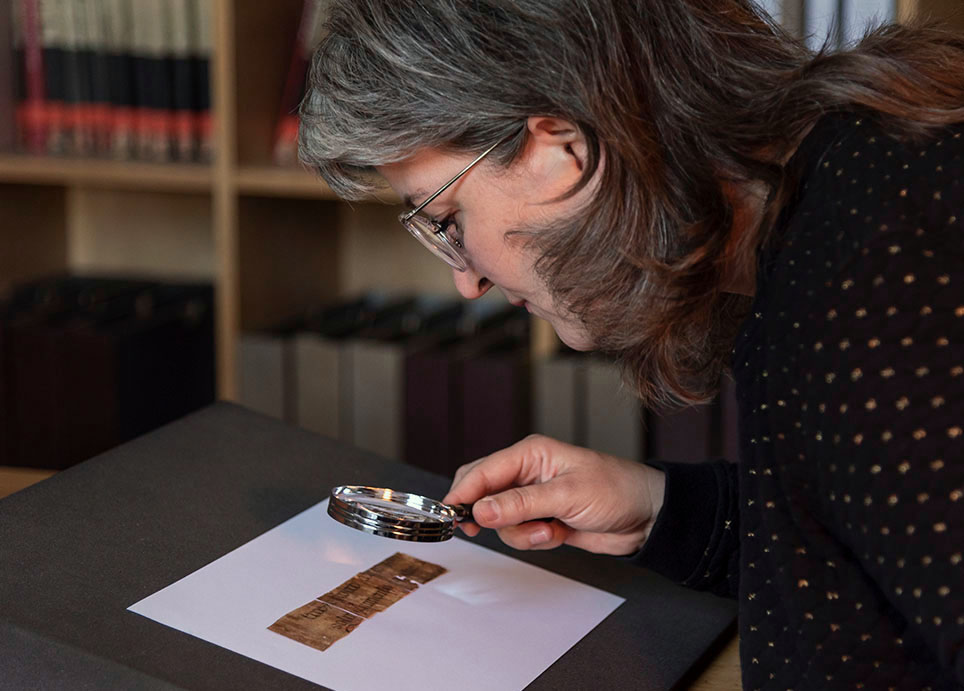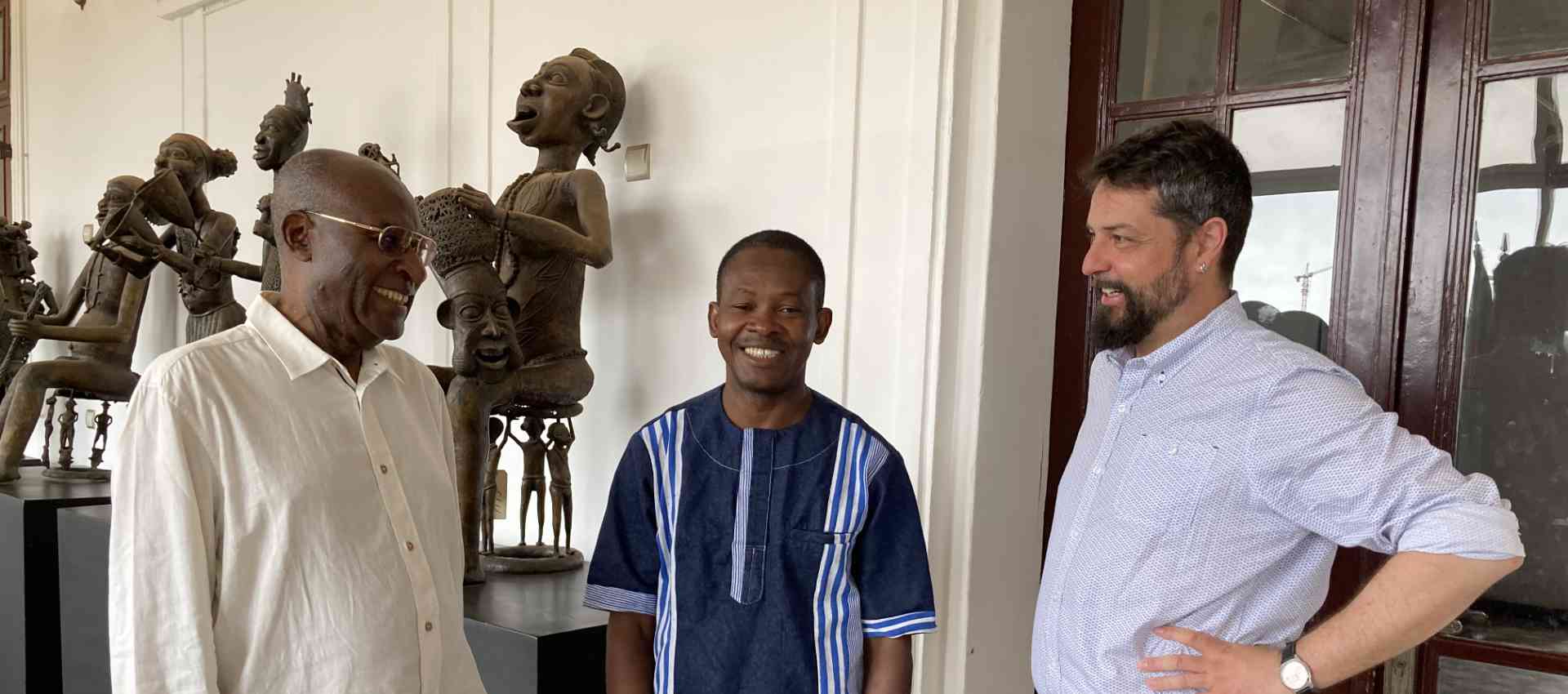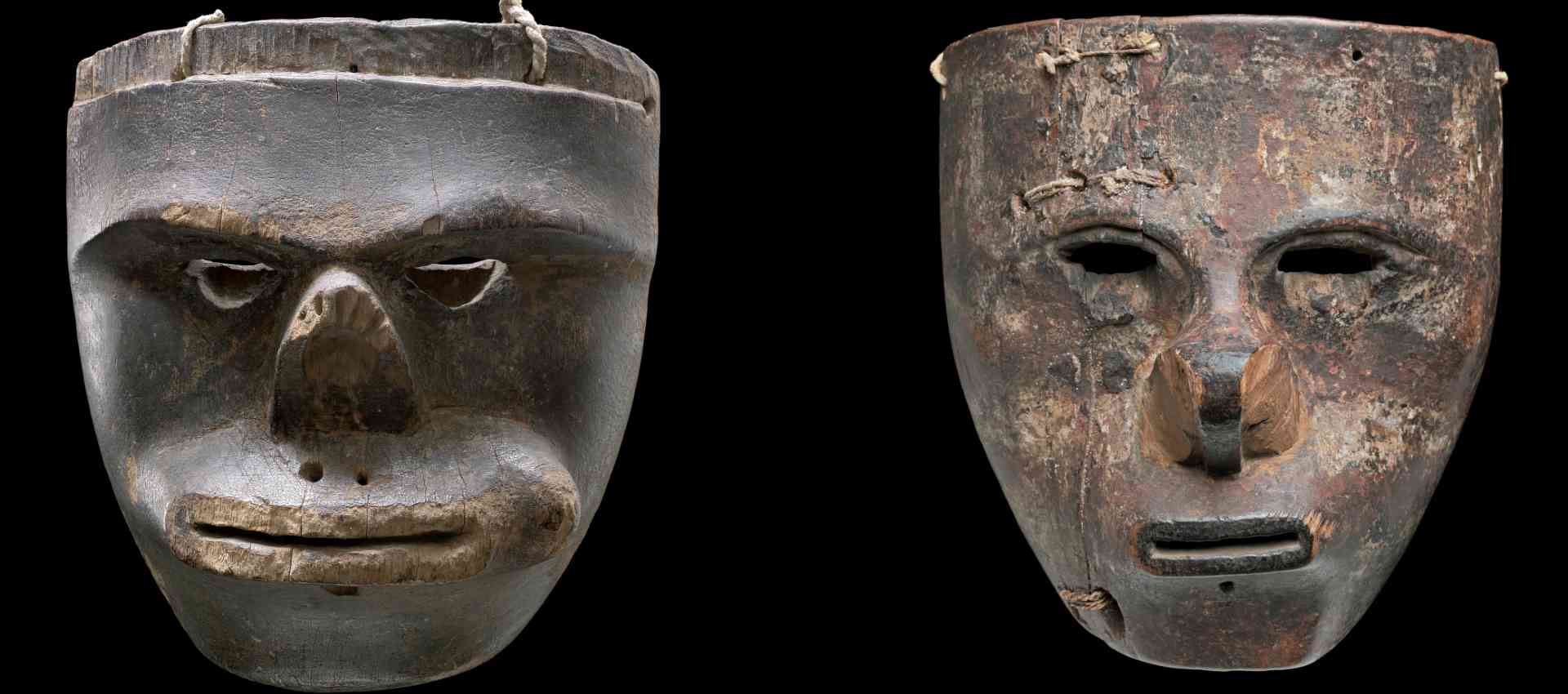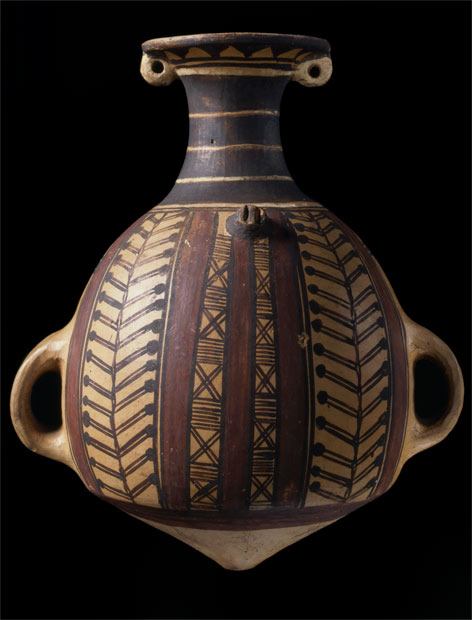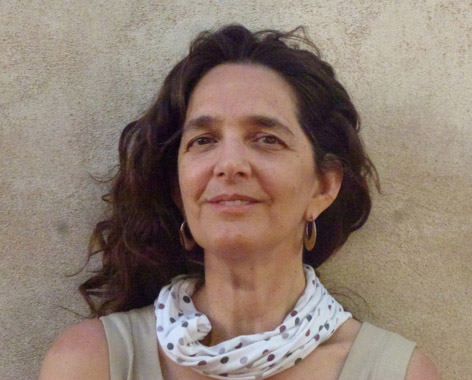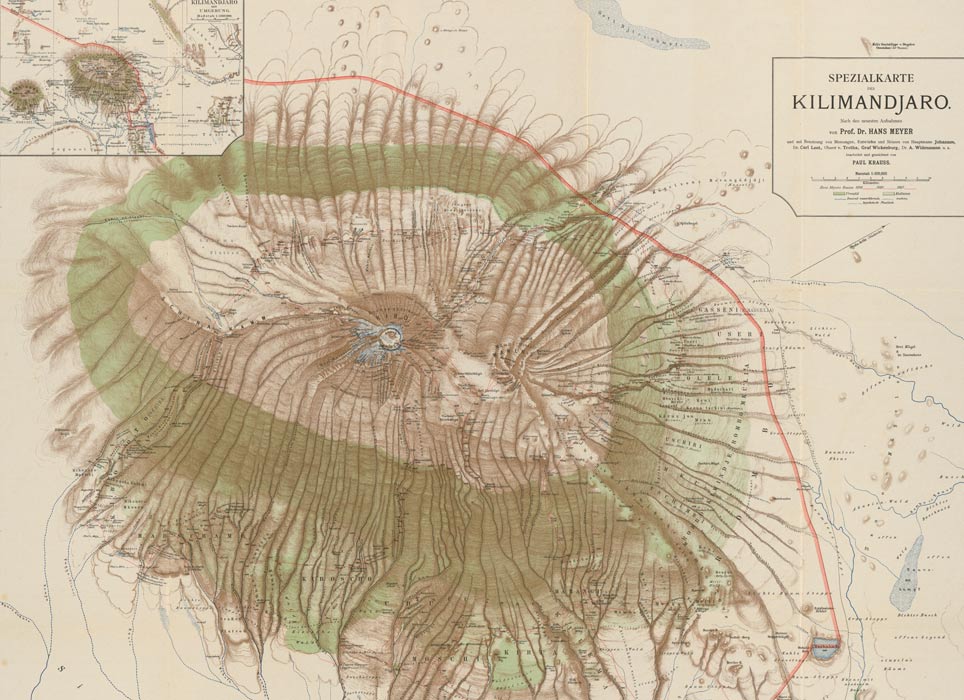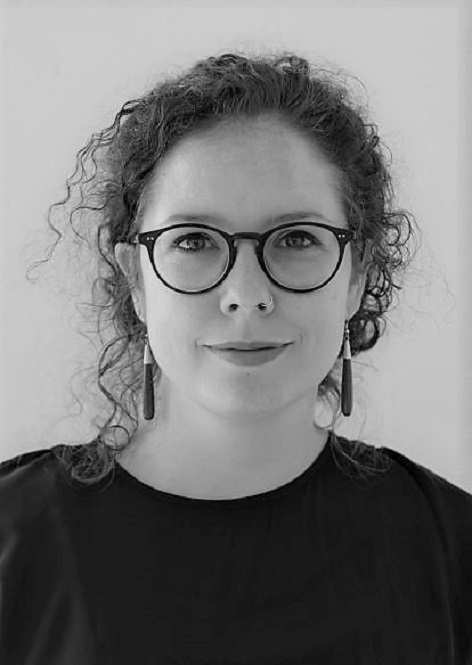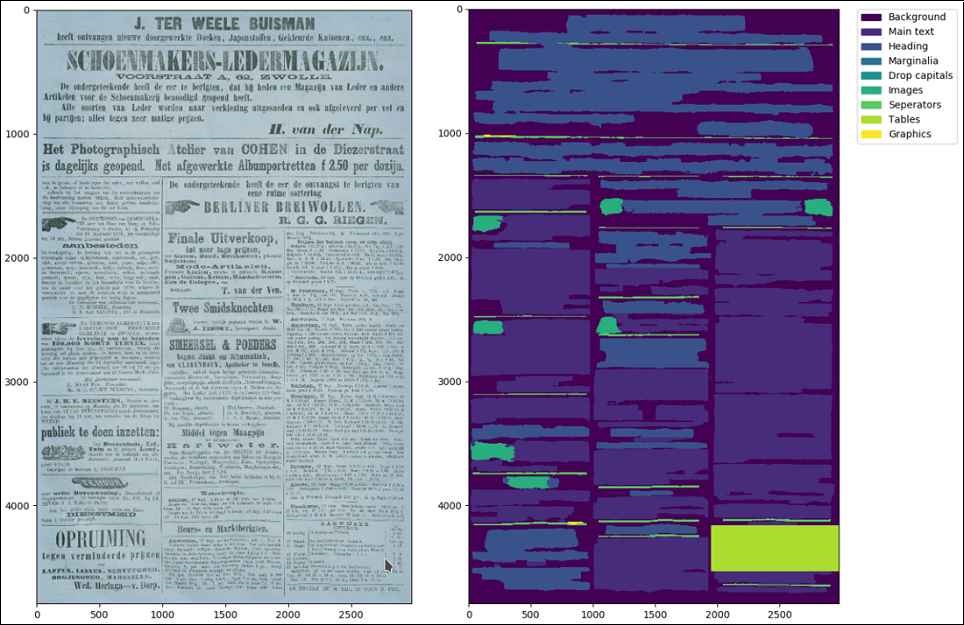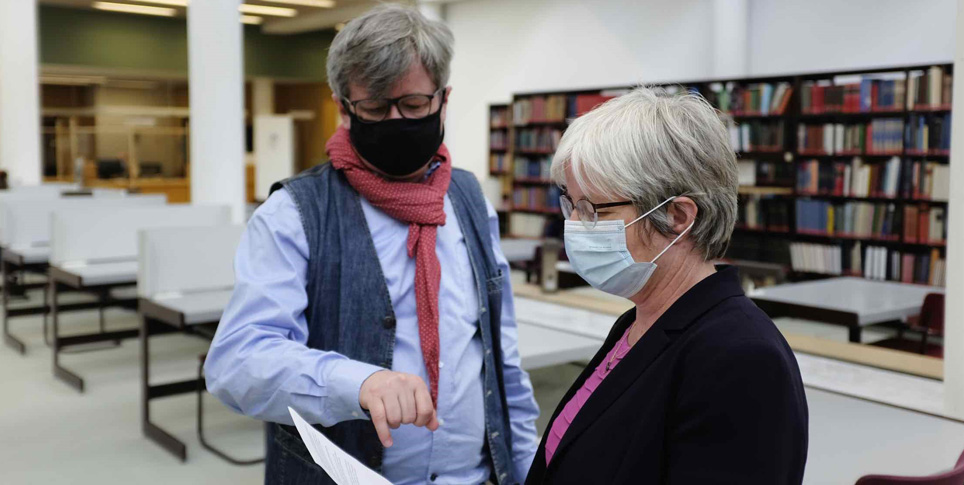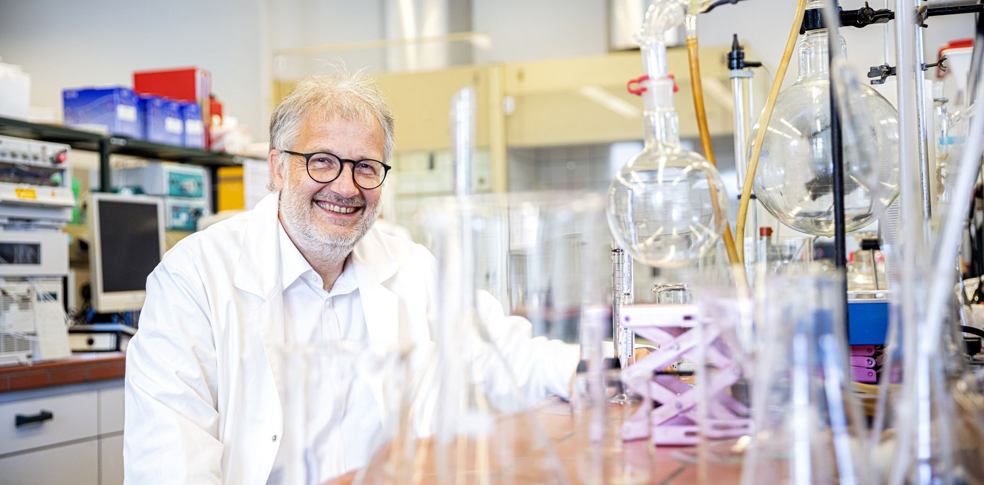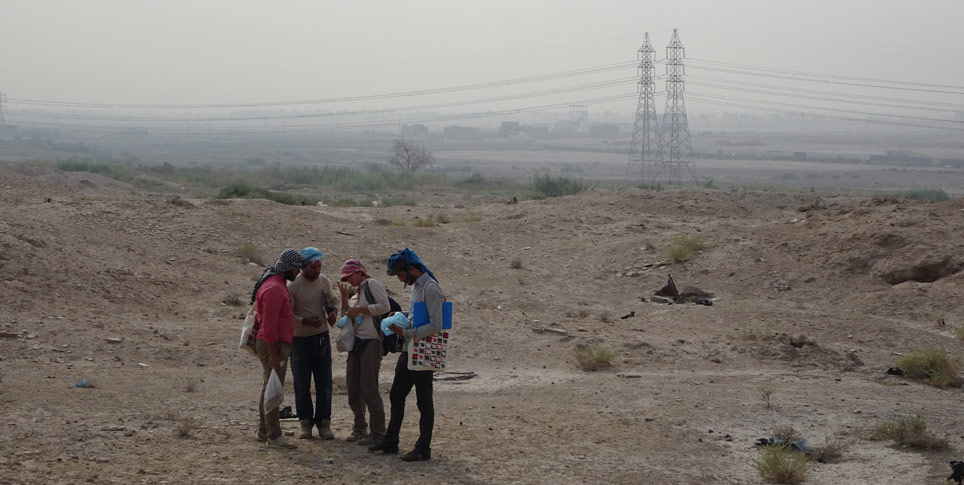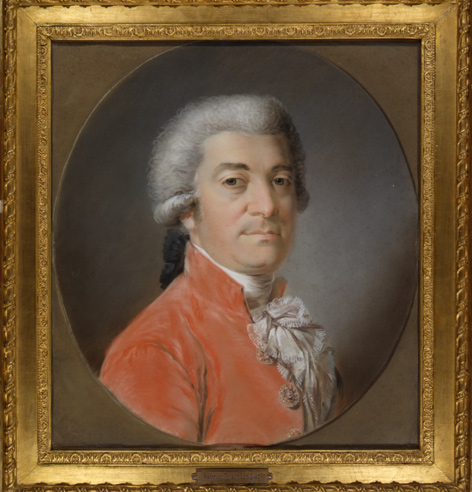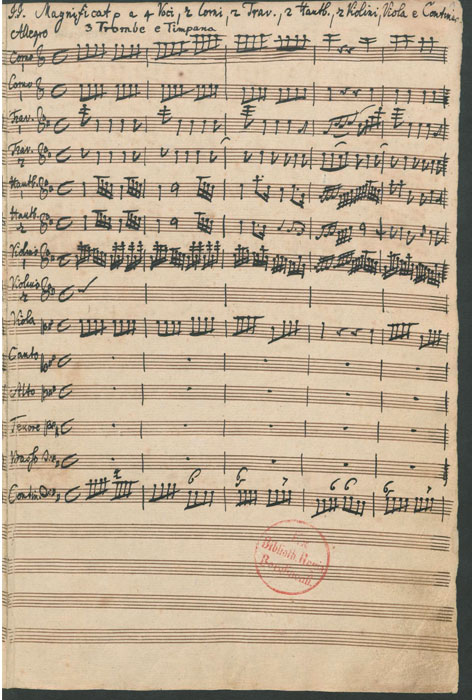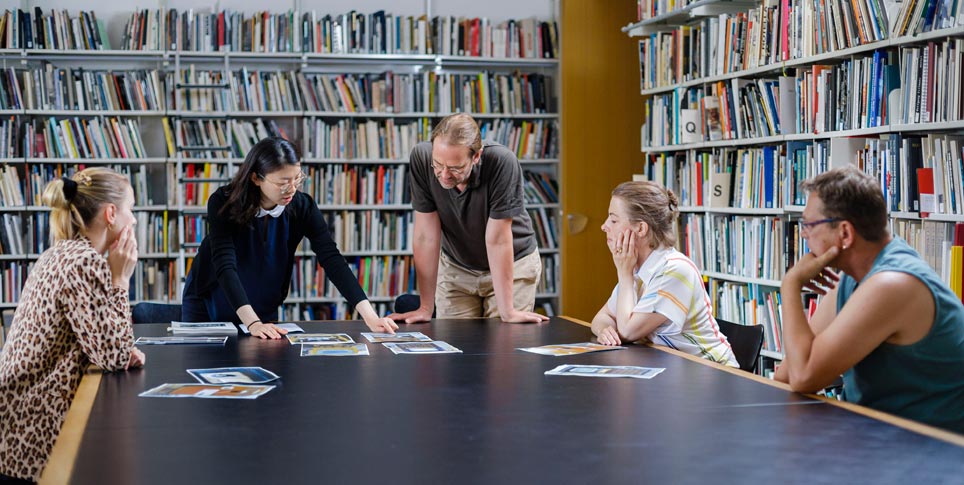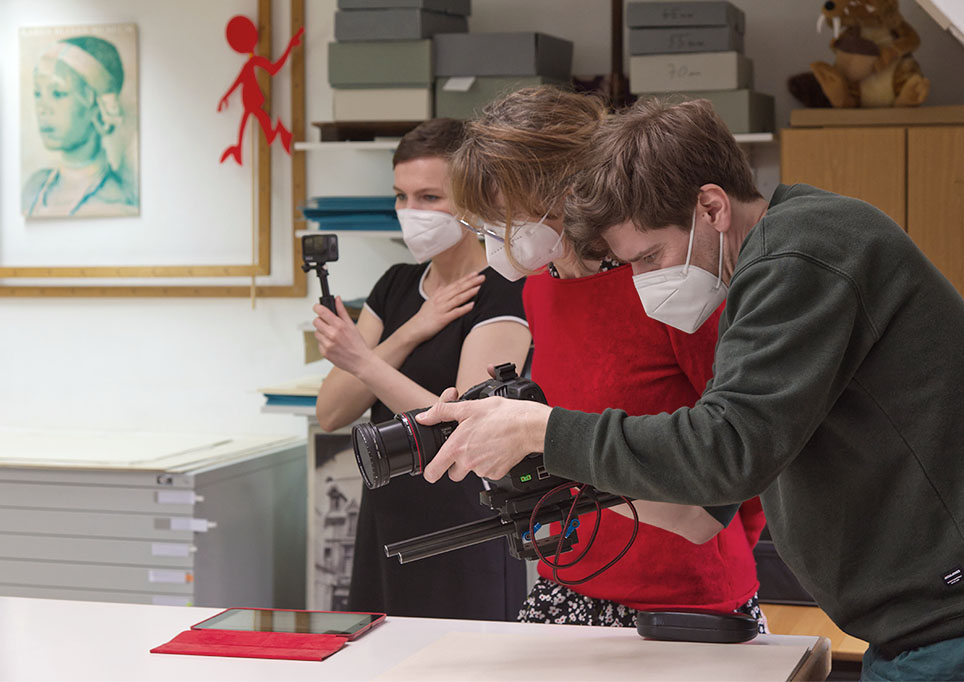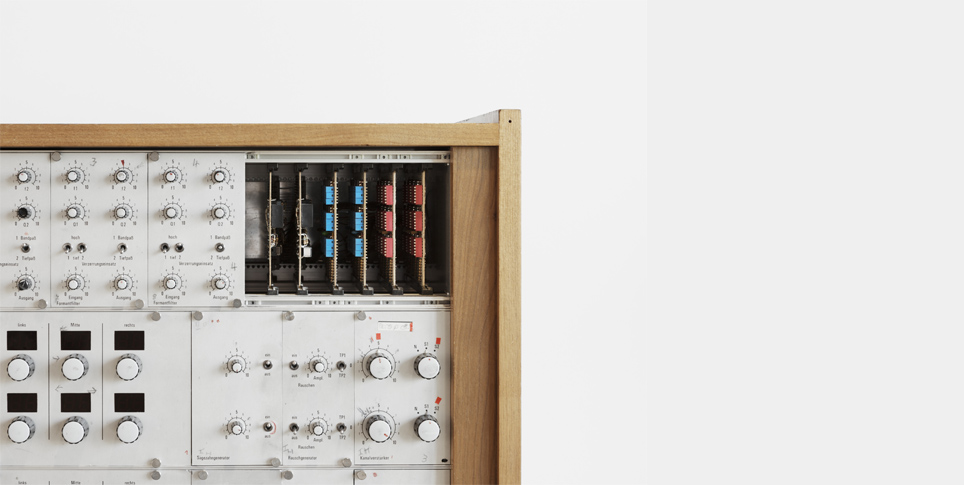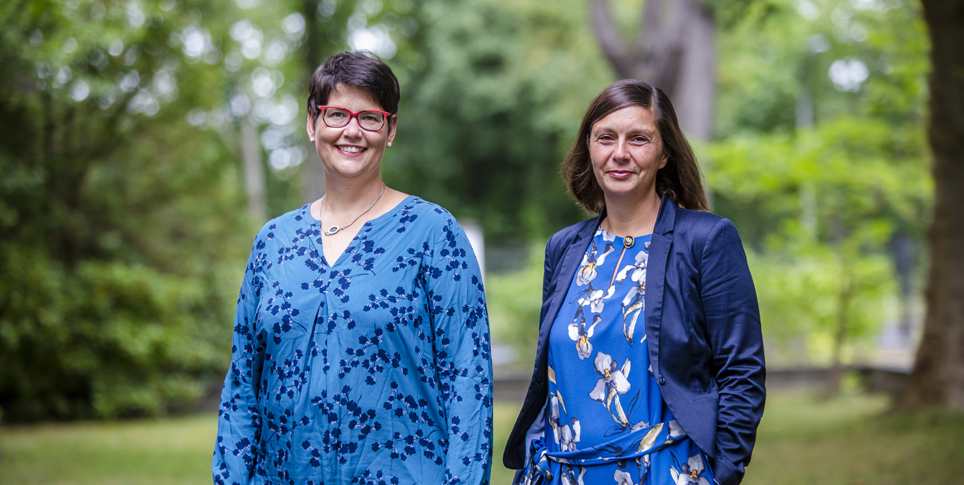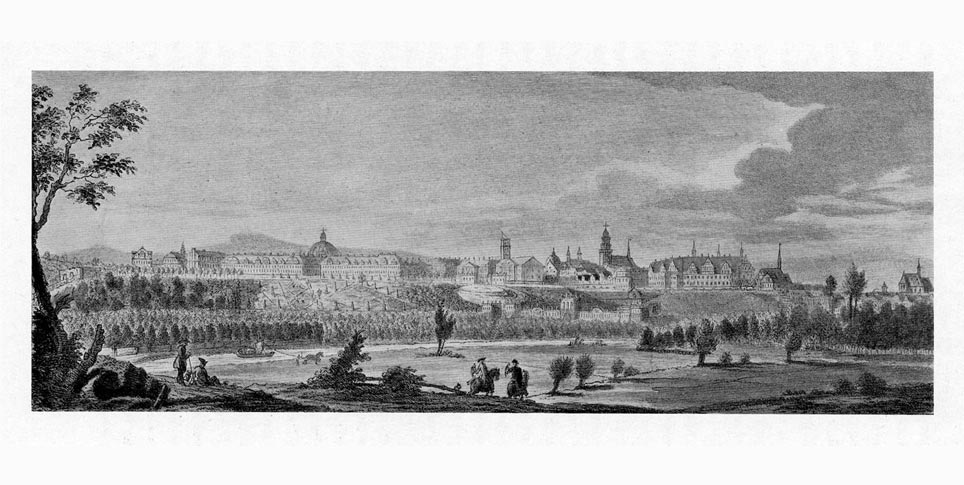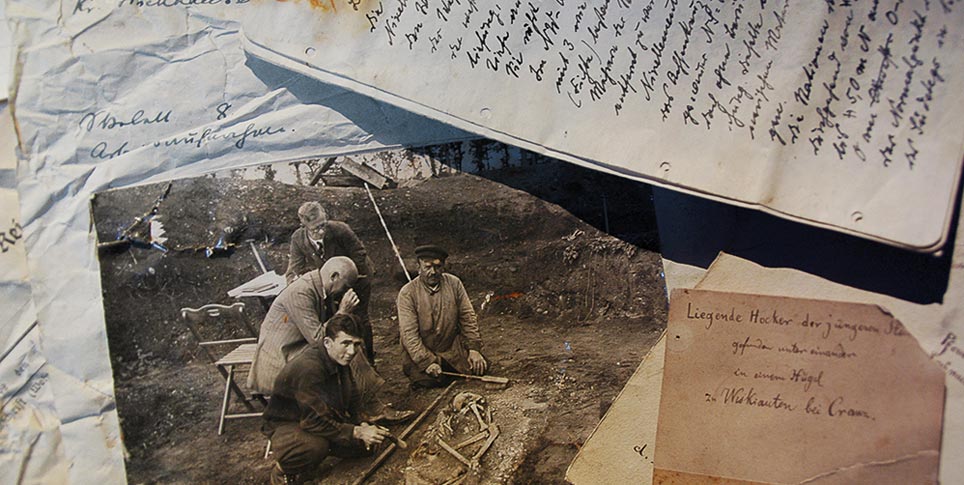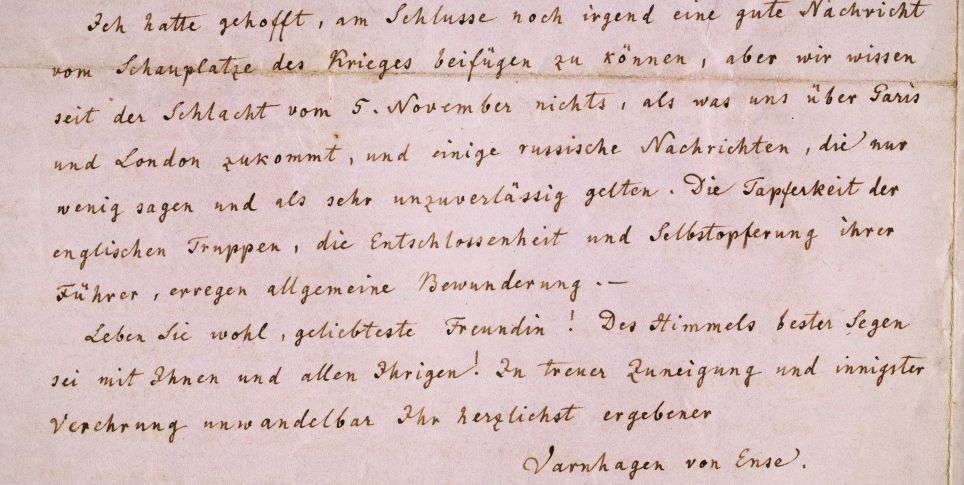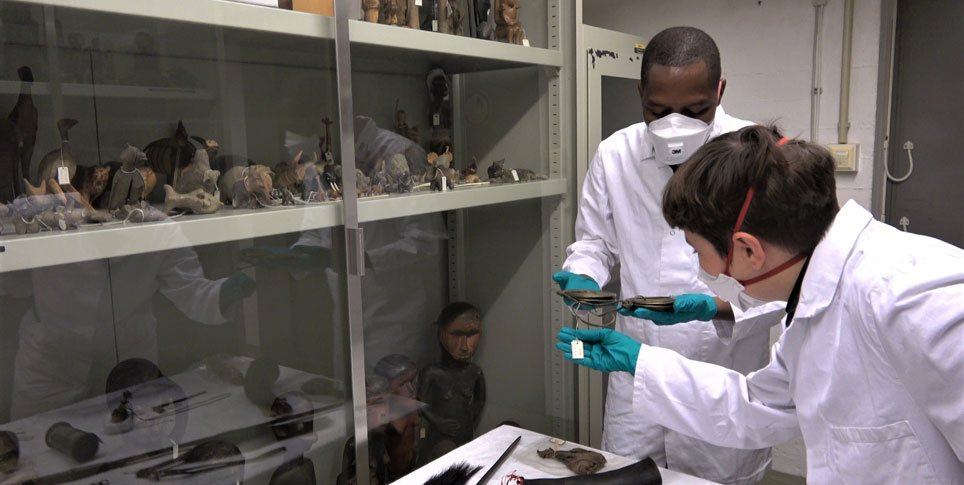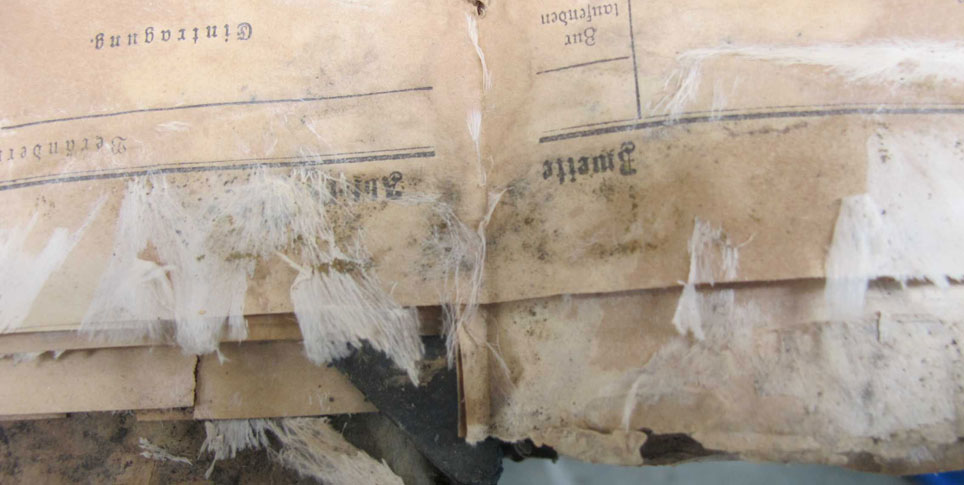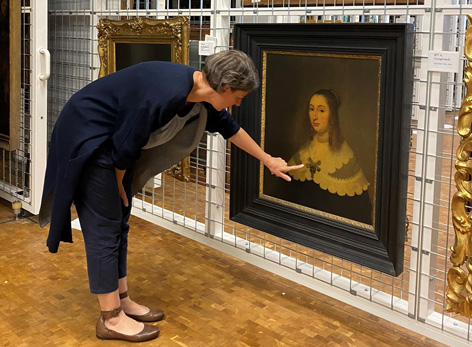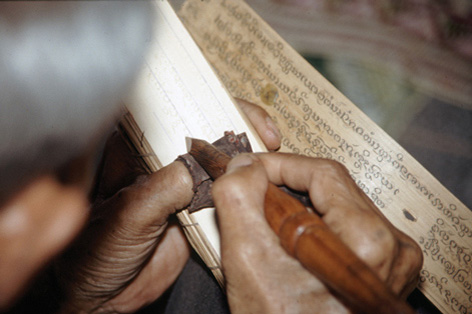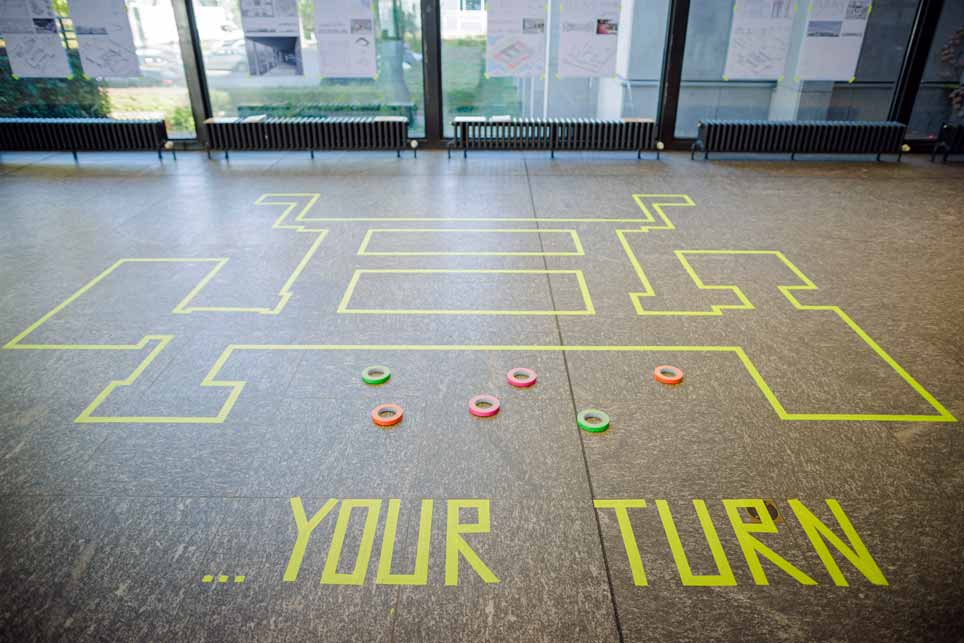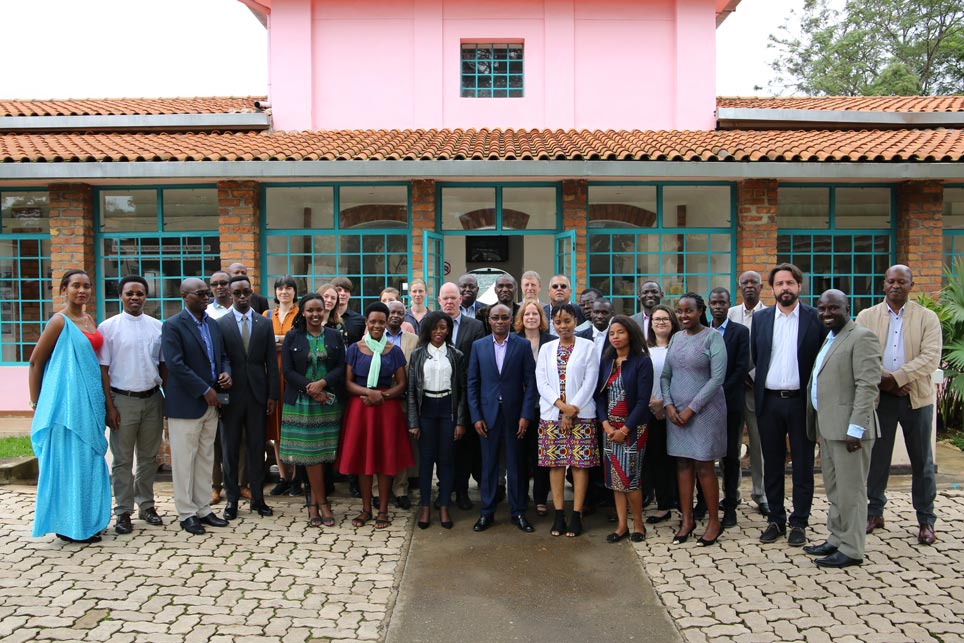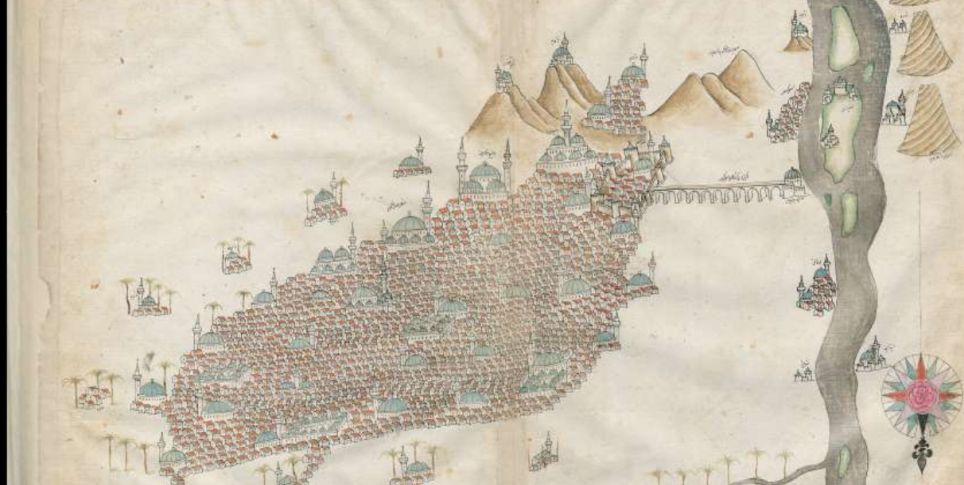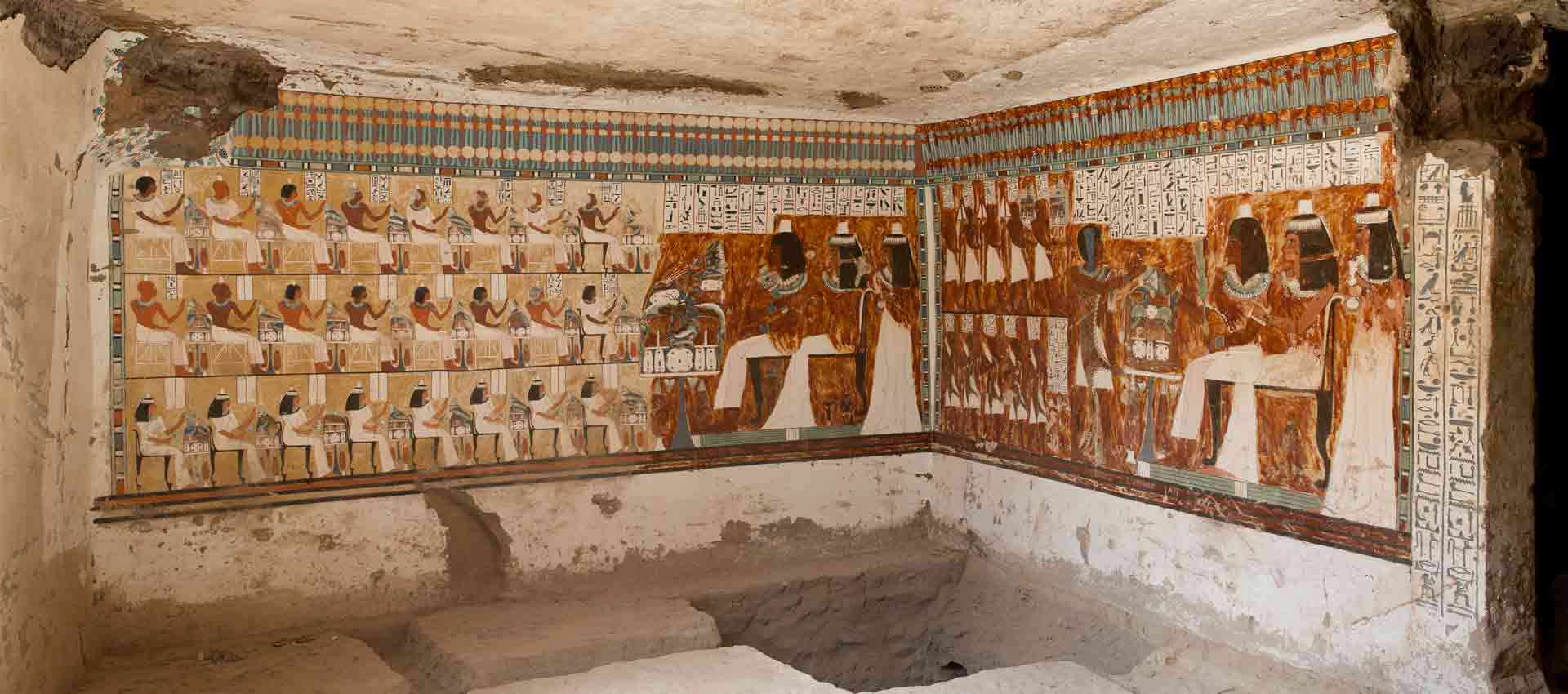Polish historian Dr. Aleksandra Girsztowt completed a four-week fellowship at the Geheimes Staatsarchiv Preußischer Kulturbesitz
Polish historian Dr. Aleksandra Girsztowt was overjoyed when she learned that she had been awarded a four-week scholarship at the Geheimes Staatsarchiv (Secret State Archives) in April 2020. Then the corona pandemic forced her to cancel her journey from Gdansk, where she works at the university, to Berlin. Not until July 2021 was she able to come to the Geheimes Staatsarchiv for her planned research. Dr. Girsztowt made good use of the time in between to study literature and research archives online for her habilitation (postdoctoral) thesis, which she had just started in the previous year.
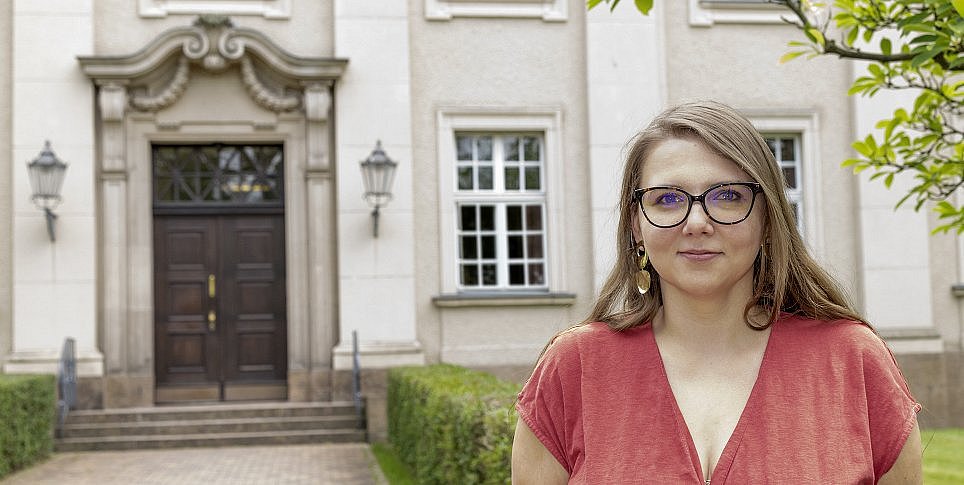
Fellowship recipient Dr. Aleksandra Girsztowt. © GStA PK / Christine Ziegler
Its subject is the towns of the Neumark (New March) during the rule of the Knights of the Teutonic Order. The area of the Mark Brandenburg located on the other side of the Oder River and known as the Neumark, which today belongs to Poland, was part of the Teutonic Order state from 1402 to 1454/55. The towns of the Neumark were founded partly by the sovereign, the Margrave of Brandenburg, and partly by his nobles. They had already gained a political say through their representatives in the regional parliaments of the Neumark. They were also of military importance insofar as they provided contingents for the sovereign's army. In contrast, the towns of Prussia remained much more dependent on the sovereign. Dr. Girsztowt is making a comparative analysis of the towns in Neumark and in Prussia. Her study aims to show the extent to which the Teutonic Order managed to pursue a uniform policy towards the towns in these two parts of its territory.
This was not Dr. Girsztowt's first spell of research in the Geheimes Staatsarchiv. She had already consulted the documents in the archive of the Teutonic Order in Prussia, which is also kept there, for her dissertation on medieval handicrafts in the town of Marienburg and for a subsequent research project with Professor Wiestaw Długokęcki on the civic officials of the town of Marienburg. In the course of this work, she had become aware of its significance for future research into the late Middle Ages.
During her recent stay, she concentrated on sources of information about the mill monopoly that the Teutonic Order succeeded in gaining over the sovereign towns of the Neumark, almost without exception. She is currently preparing a small publication on this subject. She also collected sources for other aspects of her habilitation thesis. Now she wants to continue her research in the Geheimes Staatsarchiv next year. For this, she is going to apply for a scholarship from the German Academic Exchange Service – DAAD. As her supervisor, she would like to have Dr. Christian Gahlbeck, with whom she made contact during her time at the Geheimes Staatsarchiv. He is currently working in the Geheimes Staatsarchiv himself, on an edition of the 7th volume of the Prussian document book (1372–82) and his research certainly qualifies him as an expert on the history of the Neumark in the late Middle Ages.
While reading the archival documents, Dr. Girsztowt made an unusual chance discovery. In Order Tome No. 105, she came across two people with her own family name. Her own direct ancestors come from Kaunas in Lithuania. The source mentions two people named Girsztowt from Tapiau, also in the Lithuanian region , whom the Teutonic Order gave land to cultivate in 1355. It added a nice personal touch to Dr. Girsztowt's visit to the Geheimes Staatsarchiv.
Geheimes Staatsarchiv Preußischer Kulturbesitz
The Geheimes Staatsarchiv Preußischer Kulturbesitz is responsible for the records from the central authorities and institutions of Brandenburg-Prussia as well as for the archiving of documents from the institutions of the Stiftung Preußischer Kulturbesitz. As the former central archive of the Brandenburg-Prussian state, it has been part of the SPK since 1963.
The Geheimes Staatsarchiv Preußischer Kulturbesitz annually awards scholarships for research stays of one to three months in Berlin. The fellowships are intended to support foreign scholars in particular in carrying out innovative research projects with the holdings of the Geheimes Staatsarchiv PK.
